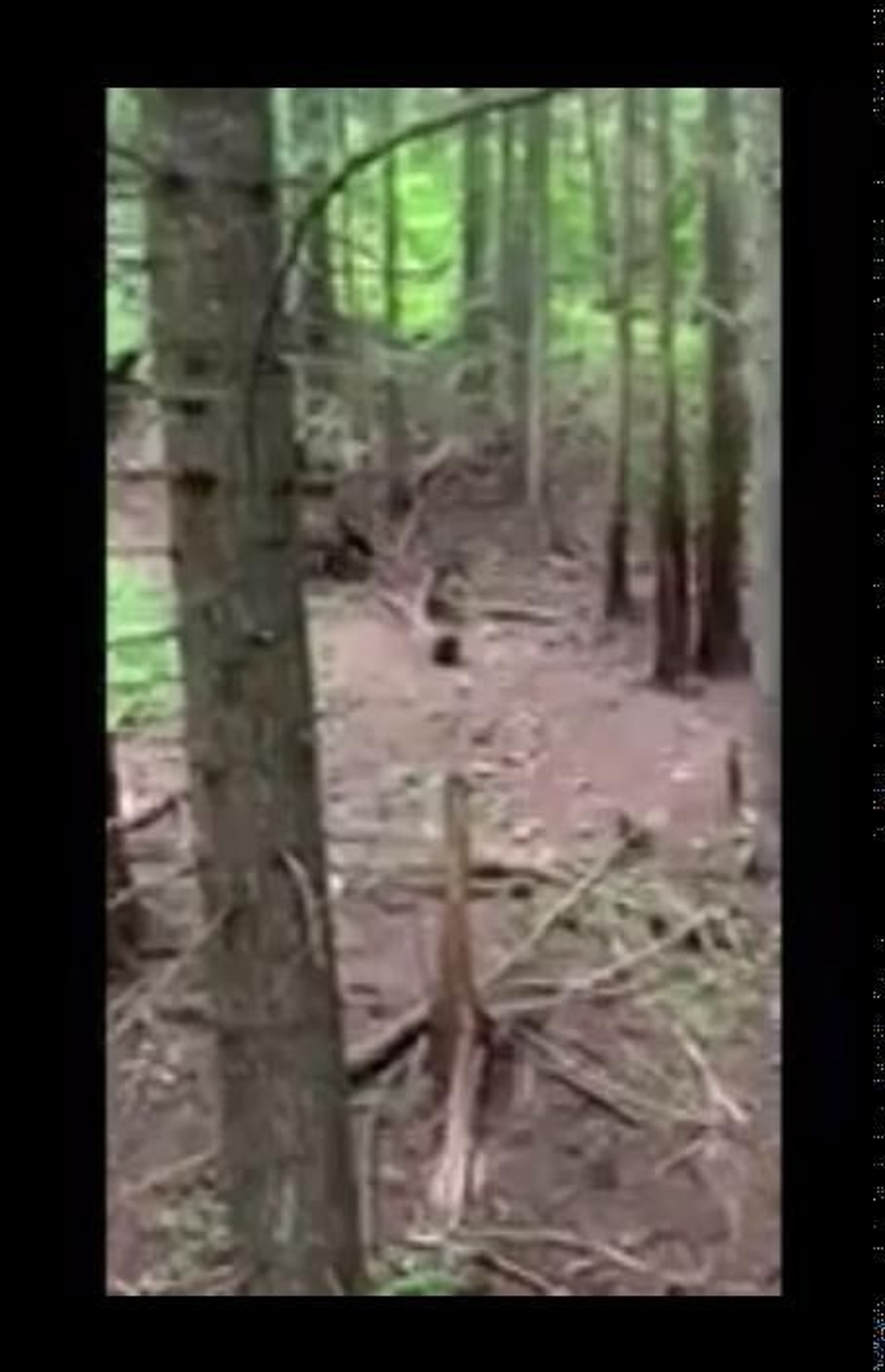Advocate: Delisting gray wolves a 'death sentence'
Wolf protectors say proposal to lift protections would halt recovery efforts
Wildlife officials' plan to lift protections for gray wolves in the continental U.S. does not sit well with wildlife advocates who say the lack of protections will stifle recovery efforts.
"This disgusting proposal would be a death sentence for gray wolves across the country," Collette Adkins, carnivore conservation director for the Center for Biological Diversity, said in a news release.
The CBD is a national nonprofit organization focused on protecting endangered species.
"We're very concerned that the same kind of wolf killing that we've seen under state management in Idaho will now be in store for the rest of the country where wolves die due to trophy hunting, trapping and aggressive killing by the agricultural industry," Adkins, who works in Minneapolis, told the Daily News Wednesday.
She said the CBD is mostly upset the plan would halt further recovery.
"We've seen that too many states are really just dead set on killing wolves and opening up these types of aggressive trapping and hunting seasons," Adkins said.
Adkins said wolves have made great recovery progress in a few key areas, such as Idaho, but there are still plenty of places with ideal wolf habitats that the animals once lived where wolves are either at the brink of extinction or have not made their way there again.
Adkins said recent science shows that healthy wolf populations provide great ecosystem services. Wolves strengthen the genes of prey populations like deer and elk by removing those sick, weak and old animals and ensure those populations do not overpopulate and become stagnant in areas, which causes overbrowsing and reduces general diversity, she said.
Adkins said the U.S. Fish and Wildlife Service has tried to strip protections of wolves several times and the courts determined the actions to be illegal. She said she is confident the courts will do the same in this case.
U.S. Rep. Cathy McMorris Rodgers, R-Wash., said in a statement provided to the Daily News that she supports the proposal that gray wolves should be delisted.
"I regularly hear from people who've seen wolves around their property and who cannot defend themselves without risking a felony," the statement read. "As the Obama administration made clear in 2013, the gray wolf is recovered, and now it's time for us to delist it and return decision-making to the state and community level."
Brett Haverstick, education and outreach director with Friends of the Clearwater, said giving the green light for states to manage wolves cannot only result in hunting, trapping and snaring the animals but could also allow the use of helicopters to wipe out "problem wolves," Haverstick said.
Friends of the Clearwater is a local nonprofit that defends the Idaho Clearwater bioregion's wildlands and biodiversity.
The blueprint for northern Rocky Mountain gray wolves is "a killing floor," where thousands of wolves have been killed since the protections for those wolves were lifted in 2011, Haverstick said.
"I don't think that the American people want to see wolves throughout the United States, specifically the gray wolves, managed through hunting, trapping, snaring, and when necessary, aerial gunning," he said. "That's what delisting will allow and so it's tragic."
Jen Bruns, Idaho Department of Fish and Game regional communications manager for the Clearwater Region, said IDFG has taken over management under the 2002 Wolf Management Plan. Bruns said the new plan should not affect Idaho wolves.
At the end of the day, Haverstick said the plan is premature, a continued demonization of gray wolves and seems to be more about politics than science.
"It's unfortunate because we still haven't learned to live with wolves and other species and it doesn't have to be that hard," Haverstick said. "We just have to show some restraint and humility and let these species fulfill their ecological niche. We can coexist but the politics is kind of preventing that."
Haverstick said true recovery efforts can take decades and there should be no hurry.
"This is a rush job," he said. "This is growing impatient and this is really a favor to industries like the livestock industry, which don't want to see more wolves on the landscape in different places."
He said the habitat in Idaho can support plenty more gray wolves than it has.
"Wolves do belong on the landscape and the government is sending a message right now that we can't coexist as a species and that we can't give them the room that they need and that they deserve," Haverstick said.
Garrett Cabeza can be reached at (208) 883-4631, or by email to gcabeza@dnews.com.







